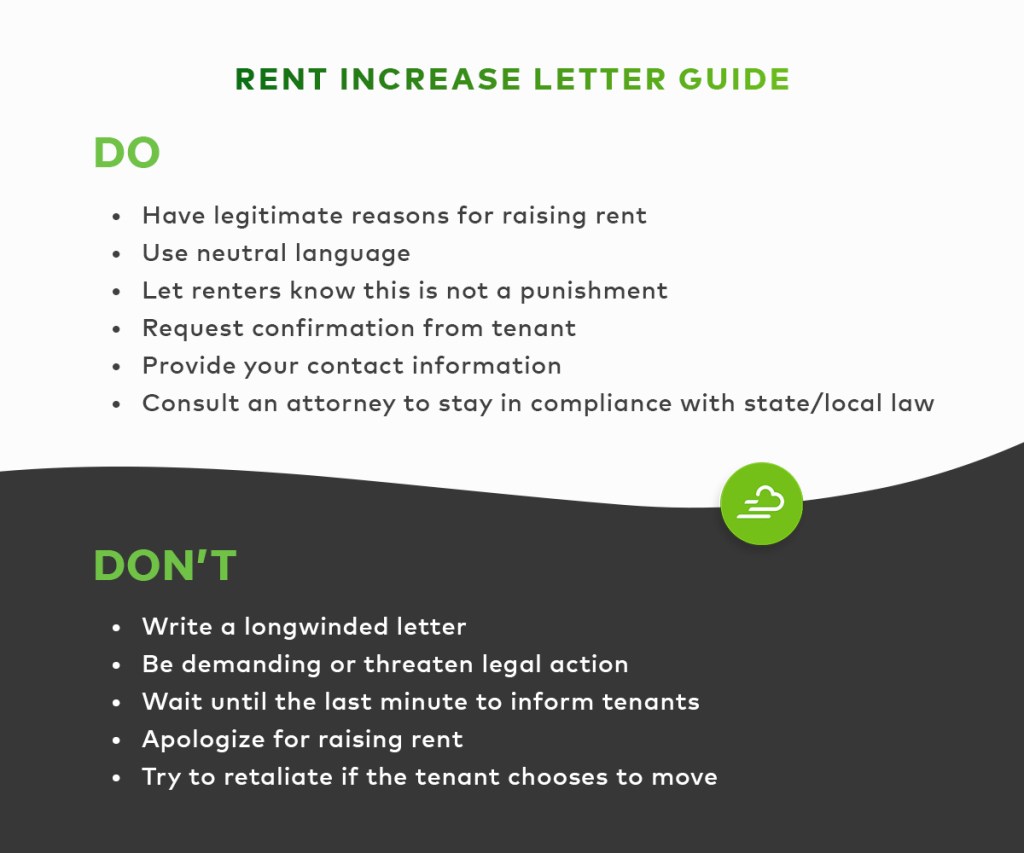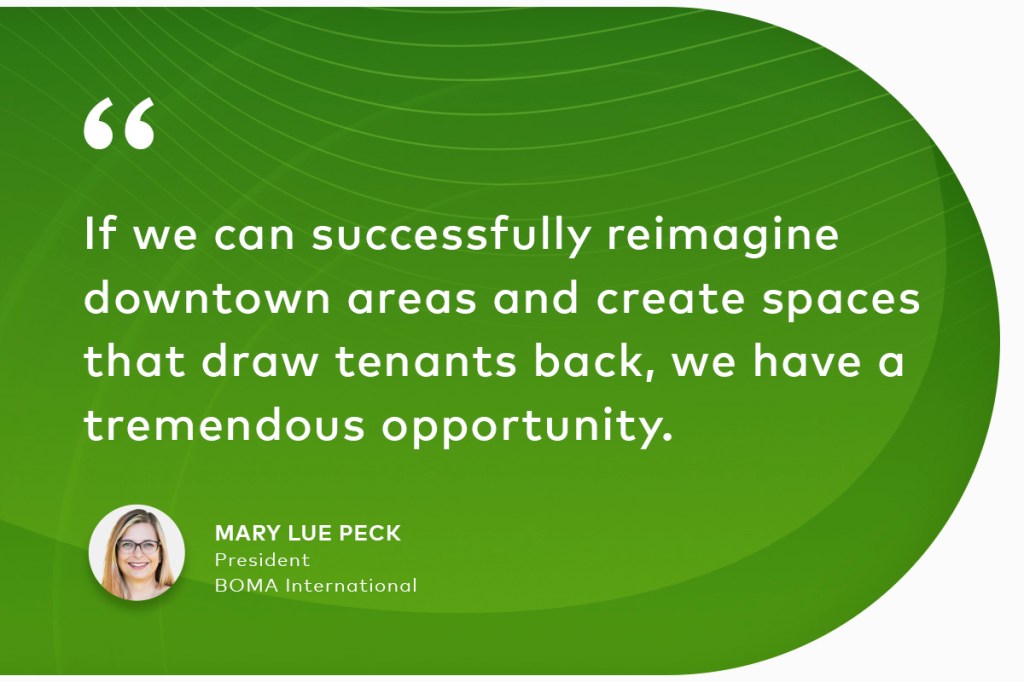
After you see how to write a rent increase letter, check out this related article: How To Raise Rent Without Losing Tenants
At some point, all property managers have to raise rent in order to stay profitable, or even to just pay the bills. Ideally, a well-written rent increase notice can help you retain residents and give them positive feelings about the future. We’ll walk you through a few simple steps that will help make your rent increase letters as professional and considerate as possible.
Review your state notice period
The most important part of raising rent is making sure the law is on your side. These notice periods vary by state.
If possible, try to give ample notice of a rent increase. As you know, renters are more concerned with their personal situation than what’s required of you by law. If they feel like they’re not being given enough notice — even if you’re abiding by the minimum legal notice period — they may feel slighted. They might decide to move, or they could hurt your reputation with negative online reviews. On the other hand, going above and beyond for your renters is a great way to get positive property reviews.

Consider factors that justify rent increases
Before you send a rent increase notice, you need to know why you’re increasing your tenants’ cost of living. (They’ll likely want to know as well.) Some residential property managers will raise rent by the maximum allowable amount with every annual lease renewal. Others prefer to do it as little as possible to prevent turnover and keep their tenants happy.
There’s no one “right” way to raise rent, but consider the reason for the letter. If it’s a rent increase letter due to inflation, state that in your notice. Don’t keep it a secret! Tell your tenants why you need to raise rent, and if possible, the benefits they’re going to see as a result.
Other than inflation, you might need to increase rent due to:
- Increased maintenance and utility bills
- Added amenities or renovations to the unit that increase market value
- Increases in state or local property taxes
People like transparency. If you’re simply increasing your residents’ bills, they might start looking elsewhere instead of renewing with you. Given the costs of turning over a unit, that’s going to increase your costs even further.
What a rent increase notice should include
Because a rent increase letter can cause awkwardness or tension in the tenant-manager relationship, it’s usually a good idea to keep each notice short and to the point. Generally speaking, follow the “less is more” rule. Find a template that works for you and repeat it.
Be sure your letter contains all of the following:
- The date of the notice
- Name and address of the property manager or landlord
- Name and address of the tenant
- Last day of the current lease
- Amount of the increase
- Date the increase goes into effect
- Timeframe for tenant to accept increase or reject lease renewal
Mention consequences for nonpayment
Even though the above list covers the minimum requirements, it’s within your rights to state the effects of refusing to pay. Keep in mind that a consequence for nonpayment is not a threat: it’s just a fact. If you’re still worried about coming off too harsh, you’re not alone. After all, this is a sensitive topic! Here are two ways to
Let them know the rent increase notice is not a punishment
If a tenant thinks they’re being unfairly treated, they may start looking for other places to live. That would put you in the position of potentially losing more money than you would have by not raising rent. So, when you have a good tenant, let them know!
Take a quick line in your rent increase letter to tell them you appreciate having them. (Don’t get too flowery here, but be courteous and appreciative.)
Use neutral language
Avoid the temptation to be apologetic or emotional in any way. No one wants to pay more in rent, so your kind words may seem hollow (or worse, hypocritical) to the tenant receiving a rent increase notice. Stick to polite, neutral language.
Request confirmation from the tenant
Ask tenants to reply to your rent increase notice. Ideally, they would email their acceptance of the terms. With Yardi Breeze and Yardi Breeze Premier, all communications are kept securely in the cloud for your permanent records. If email is not possible for some reason, request a written response delivered by mail or in person.
Offer a way for the tenant to contact you
An upset tenant may want to follow up with you. Others may simply want to confirm the reasons for the increase. Tell them the best time and way to reach you. Whatever their motive for contacting you, this is a good time to make yourself available. If you were suddenly hard to reach, it might look like you’re avoiding them or just don’t care how they feel.

Sample rent increase notice
Your business name
Address
City, state, zip
Date
Dear valued resident,
This letter serves as notice of our intent to increase the monthly rent at [address] from [$X] to [$X] beginning [date of increase].
After careful consideration, we’ve determined this increase is necessary due to our increased utility and maintenance costs. We are providing this notice well in advance to allow you ample time to plan for this change. You have been great tenants, and we hope you will choose to continue the lease agreement under these new terms.
Please confirm your acceptance of these terms by responding to this email. If you reject the terms of this increase, your current lease will expire on [date].
Sincerely,
Name
Title
Disclaimer
Please note that this article does not constitute or replace legal advice. We hope this information is helpful, and we encourage you to do more research. Consult state law and your attorney before raising rent or sending a rent increase notice.



